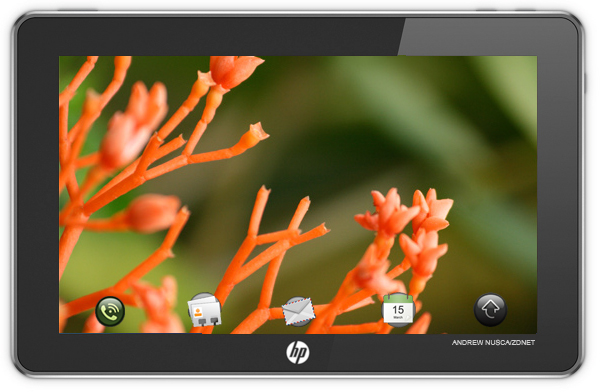The touch computing digital divide: Is the mouse dead?

Microsoft kills its Courier dual screen tablet. HP's Slate may be on the rocks. Apple's Steve Jobs pans Adobe for catering to the mouse crowd (among about other reasons). And HP buys Palm in a move to grab the WebOS, which will presumably power smartphones as well as tablets from the company.
The common thread: There's a digital divide in the tech industry between operating systems that are touch and gesture based and applications geared toward the trusty mouse and keyboard.

However, all of these skirmishes boil down to a debate over the future of computing. The gesture and touch is replacing the mouse. If you're a developer you may have to ultimately pick a side.
Say what you will about Jobs' ode to Adobe's Flash, but the Apple CEO nails it when he lays out a touch computing world.
Flash was designed for PCs using mice, not for touch screens using fingers. For example, many Flash websites rely on “rollovers”, which pop up menus or other elements when the mouse arrow hovers over a specific spot. Apple’s revolutionary multi-touch interface doesn’t use a mouse, and there is no concept of a rollover. Most Flash websites will need to be rewritten to support touch-based devices. If developers need to rewrite their Flash websites, why not use modern technologies like HTML5, CSS and JavaScript?
Even if iPhones, iPods and iPads ran Flash, it would not solve the problem that most Flash websites need to be rewritten to support touch-based devices.
Now that's a loaded statement for sure, but if you strip out a little chest thumping the message is clear: We're headed to a touch-based world.
And when you boil down the HP-Palm acquisition you get the same feeling. Todd Bradley, executive vice president at HP, said there will be multiple form factors for tablets and home content consumption devices. HP has been playing with touch interfaces and Palm's WebOS would seal the deal.
It's not surprise that touch enabled operating systems are beginning to dominate everything outside of the PC. Tablets, smartphones and other newfangled devices will be all about touch. Two generations from now the mouse could be an artifact.
Motorola co-CEO Sanjay Jha talked a bit about converged devices on the company's earnings conference call. Those devices will likely be powered by another mobile operating system---Android.
I had always assumed that mobile operating systems would move upstream a bit as new form factors emerged. What I didn't bet on is that the mobile operating system would be potentially a dominant force that could make the mouse extinct.
The operating system at some point will need a rethink. The days of cramming a PC operating system on a new form factor---you don't see Apple trying OS X on a tablet---are just about over.
The big question is what will happen to software if touch dominates computing. Rewriting consumer applications and Web sites is one thing. But the enterprise application rewrite effort is almost impossible to ponder. Those rewrites are one reason that the touchscreen revolution is expected to bypass the enterprise---at least for now. In the not-too-distant future you may see a mouse as an entirely corporate affair with touch devices at home.